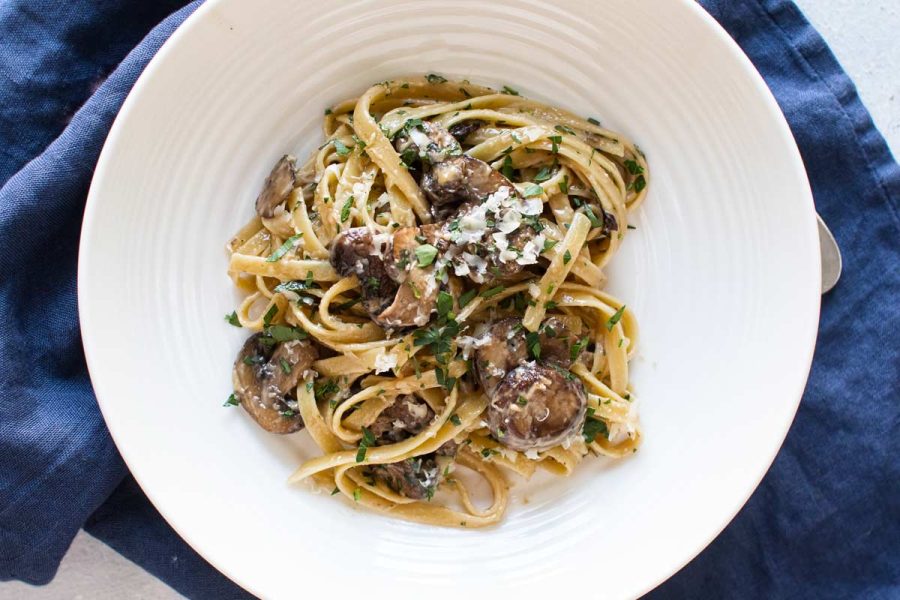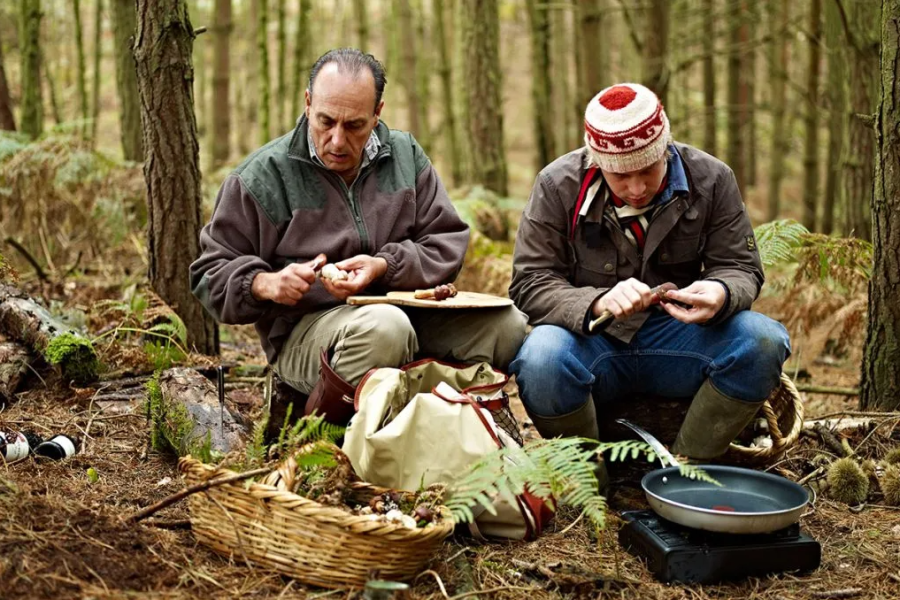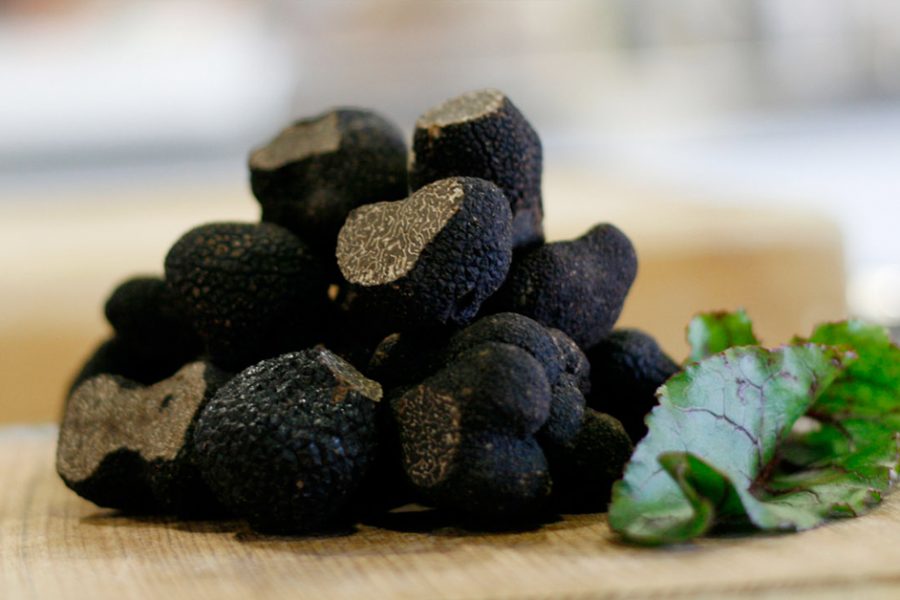Outline of the Article
- Introduction to Truffle Hunting
- What are truffles?
- History of truffle hunting.
- The Importance of Sustainability
- Environmental impact of truffle hunting.
- Need for sustainable practices.
- Traditional vs. Sustainable Truffle Hunting
- Methods of traditional truffle hunting.
- Advantages of sustainable approaches.
- The Role of Forest Ecosystems
- Biodiversity in truffle forests.
- Interdependence of species.
- Sustainable Harvesting Techniques
- Truffle cultivation methods.
- Controlled harvesting practices.
- Community Involvement
- Engaging local communities.
- Economic benefits of sustainable truffle hunting.
- Challenges and Solutions
- Threats to truffle populations.
- Solutions for conservation.
- Global Impact
- International trade of truffles.
- Role of sustainable practices in global conservation.
- The Future of Truffle Hunting
- Innovations in sustainable harvesting.
- Long-term sustainability goals.
- Consumer Awareness
- Educating consumers about sustainability.
- Impact of consumer choices.
- Culinary Delights
- Truffles in gastronomy.
- Supporting sustainable food practices.
- Promoting Responsible Tourism
- Sustainable tourism initiatives.
- Encouraging responsible travel.
- Preservation of Cultural Heritage
- Truffle hunting traditions.
- Cultural significance of truffles.
- Collaboration and Partnerships
- Government initiatives.
- NGO involvement in conservation efforts.
- Conclusion
- Summary of key points.
- Call to action for sustainable truffle hunting.
From Forest to Fork: The Art of Sustainable Truffle Hunting
Truffle hunting, an age-old practice steeped in tradition and mystery, has captivated the imaginations of food enthusiasts and environmentalists alike. Delving into the world of truffle hunting unveils not just culinary treasures but also the delicate balance between human activity and nature’s bounty.
Introduction to Truffle Hunting
Truffles, often referred to as the “diamonds of the kitchen,” are prized for their exquisite aroma and unique flavor profiles. These elusive fungi grow beneath the soil, nestled among the roots of certain tree species, such as oak and hazelnut. Truffle hunting dates back centuries, with early civilizations valuing these culinary gems for their rarity and exotic appeal.
The Importance of Sustainability
As truffle demand continues to rise, the sustainability of truffle harvesting practices becomes paramount. The unchecked exploitation of truffle habitats can have devastating effects on forest ecosystems, leading to habitat destruction and loss of biodiversity. Sustainable truffle hunting seeks to mitigate these impacts by implementing practices that ensure the long-term viability of both truffle populations and their surrounding environments.
Traditional vs. Sustainable Truffle Hunting
Traditional truffle hunting methods often involve indiscriminate harvesting techniques that can harm delicate ecosystems. In contrast, sustainable approaches prioritize conservation and stewardship, employing strategies such as controlled harvesting and reforestation efforts to maintain ecological balance.
The Role of Forest Ecosystems
Truffle forests are vibrant ecosystems teeming with biodiversity. From the symbiotic relationships between trees and fungi to the myriad species that call these forests home, each component plays a vital role in maintaining ecosystem health. Sustainable truffle hunting recognizes the interconnectedness of species and works to preserve these intricate relationships.
Sustainable Harvesting Techniques
To ensure the continued abundance of truffles, sustainable harvesting techniques focus on responsible cultivation and harvesting practices. By mimicking natural processes and employing methods such as inoculation and controlled burns, truffle hunters can promote healthy forest regeneration while safeguarding truffle populations for future generations.
Community Involvement
Engaging local communities in sustainable truffle hunting initiatives is essential for long-term success. By providing economic opportunities and fostering a sense of stewardship, these initiatives empower communities to actively participate in conservation efforts while preserving cultural traditions.
Challenges and Solutions
Despite efforts to promote sustainability, truffle populations face numerous threats, including habitat loss, climate change, and illegal harvesting. Addressing these challenges requires collaborative solutions that combine regulatory measures, community involvement, and scientific research to protect truffle habitats and ensure their continued existence.
Global Impact
Truffles are highly sought after commodities in the global marketplace, driving international trade and economic growth. By embracing sustainable practices, truffle-producing regions can not only preserve their natural resources but also contribute to global conservation efforts and promote environmentally responsible trade practices.
The Future of Truffle Hunting
As we look to the future, innovation and collaboration will be key to ensuring the sustainability of truffle hunting practices. By harnessing technological advancements and fostering partnerships between stakeholders, we can pave the way for a more sustainable and resilient truffle industry.
Consumer Awareness
Educating consumers about the importance of sustainability in truffle production is crucial for driving positive change. By making informed purchasing decisions and supporting brands that prioritize ethical and sustainable practices, consumers can play a significant role in promoting environmental stewardship.
Culinary Delights
Truffles have long been revered in the culinary world for their exquisite flavor and aroma. From gourmet dishes to decadent desserts, these culinary treasures add depth and complexity to a wide range of dishes, making them a beloved ingredient among chefs and food enthusiasts alike.
Promoting Responsible Tourism
Sustainable truffle hunting also extends to tourism, with initiatives aimed at promoting responsible travel practices in truffle-producing regions. By offering eco-friendly tour options and educating visitors about the importance of conservation, these initiatives help minimize the ecological footprint of truffle-related tourism activities.
Preservation of Cultural Heritage
Truffle hunting is not just about culinary pursuits; it’s also a celebration of cultural heritage and tradition. From ancient hunting techniques passed down through generations to the rituals and customs associated with truffle festivals, these cultural elements add depth and richness to the truffle hunting experience.
Collaboration and Partnerships
Effective conservation requires collaboration and partnerships between governments, NGOs, and local communities. By working together towards common goals, we can create a more sustainable future for truffle hunting while preserving the rich cultural and ecological heritage of truffle-producing regions.
Conclusion
The art of sustainable truffle hunting offers a glimpse into the intricate relationship between humans and the natural world. By embracing practices that prioritize conservation and stewardship, we can ensure that future generations will continue to enjoy the culinary delights of truffles while safeguarding the ecosystems that sustain them.
FAQs (Frequently Asked Questions)
- Why is sustainable truffle hunting important?
Sustainable truffle hunting helps preserve forest ecosystems, promote biodiversity, and ensure the long-term viability of truffle populations. - How can consumers support sustainable truffle hunting?
Consumers can support sustainable truffle hunting by purchasing products from ethical producers, advocating for conservation initiatives, and making informed purchasing decisions. - What are some challenges facing sustainable truffle hunting?
Challenges include habitat loss, climate change, illegal harvesting, and balancing economic interests with conservation goals. - What role do truffles play in gastronomy?
Truffles are prized for their unique flavor and aroma, adding depth and complexity to a wide range of dishes, from savory to sweet. - How can communities benefit from sustainable truffle hunting?
Sustainable truffle hunting initiatives can provide economic opportunities, preserve cultural traditions, and foster a sense of environmental stewardship among local communities.







A captivating insight into the sustainable practice of truffle hunting! It’s refreshing to learn about methods that prioritize both environmental conservation and culinary excellence. Inspired to support sustainable agriculture and savor the fruits of ethical foraging!